
Analysts Agree: EU Facing Recession
Given the high level of economic integration in Europe, it is unlikely that a recession will be confined to half the continent.

Given the high level of economic integration in Europe, it is unlikely that a recession will be confined to half the continent.

Overall, she cautioned, the world has become more economically volatile and governments need to be prepared.
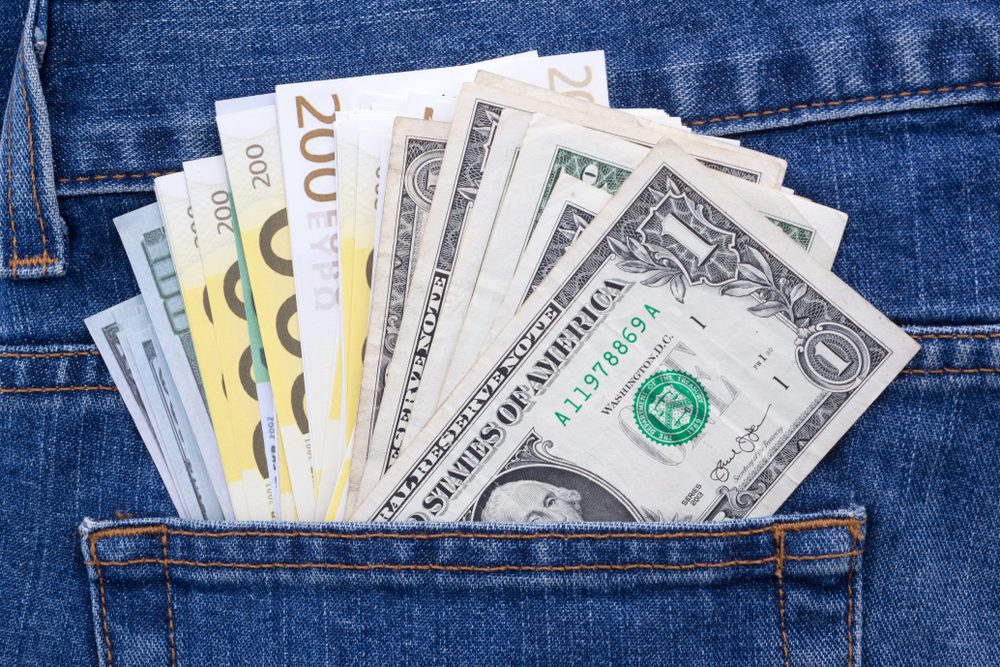
Although some countries have recovered, overall economic activity has been disappointing. To make matters worse, a closer look at capital formation—a.k.a., business investments—and consumer spending suggest that a recession is in fact just around the corner.

Neoconservative ideology is on a collision course with traditional conservatism. Where the former wants a more centralized government, the latter seeks solutions that strengthen local communities and give people as much power over their own lives as possible.
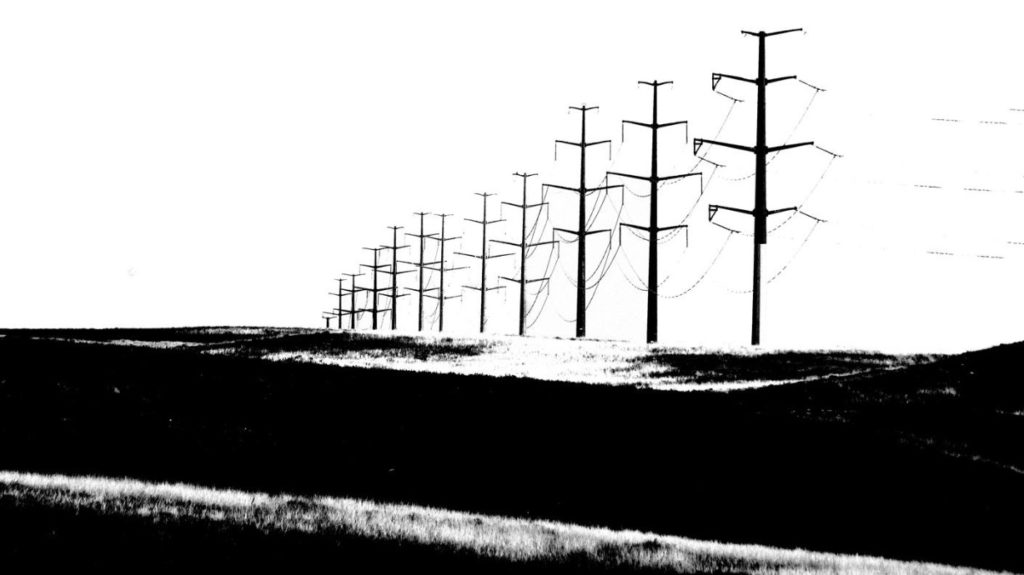
The actual fallout of the price cap depends in part on the contractual situation between seller and buyer. However, no contract is immune to the forces of the free market.
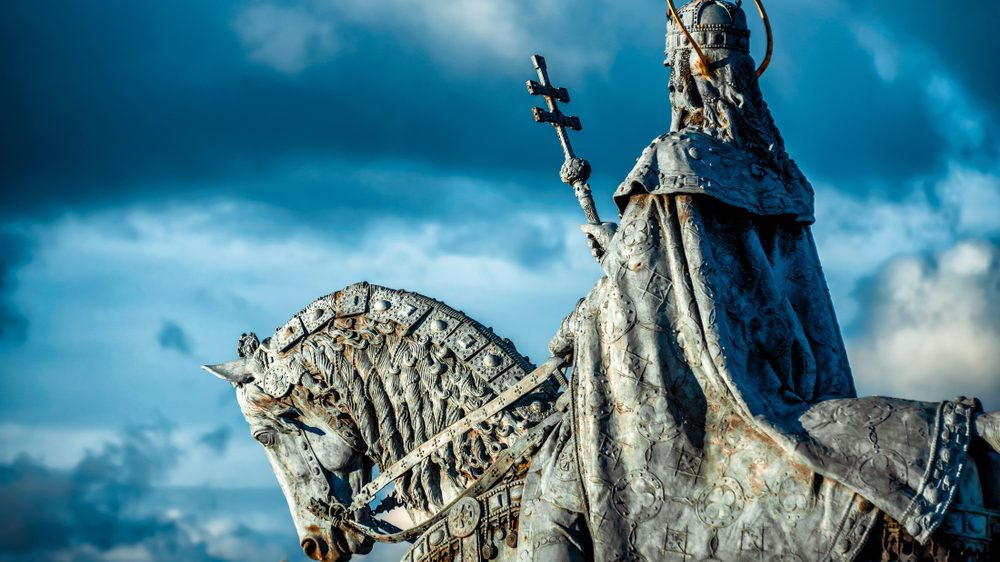
I would go so far as to argue that unadulterated liberalism corrodes democracy, and true democracy is opposed to liberalism. Illiberal democracy is capable of integrating what is valuable in liberalism without allowing the liberal framework to take over.

When a currency depreciates, it can lead to a self-reinforcing outflow of capital—especially when the depreciation is unprecedented. The euro has never been this weak against the dollar.

In less than three months, Americans will vote in a midterm election to decide their state-elected congressional representatives. The stakes are high, since many trends in American politics are decided at the state level.
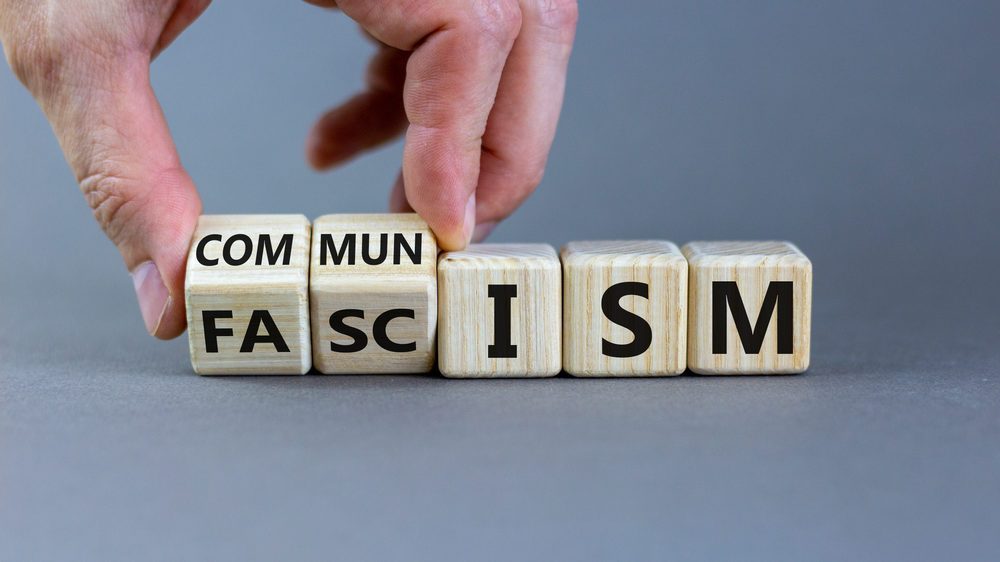
Government officials, elected and unelected, increasingly see democracy as an inconvenience, even an obstacle. How far down the current path does Europe have to go before the Italian example from a century ago becomes a case of retroactive clairvoyance?

Germany’s excessive energy dependence on Russia is not the outcome of a natural process, but rather the consequence of policies that have been irresponsibly made and artificially imposed.

Government officials, elected and unelected, increasingly see democracy as an inconvenience, even an obstacle. How far down the current path does Europe have to go before the Italian example from a century ago becomes a case of retroactive clairvoyance?

Germany’s excessive energy dependence on Russia is not the outcome of a natural process, but rather the consequence of policies that have been irresponsibly made and artificially imposed.

There are more signs of a possible new debt crisis in Europe.
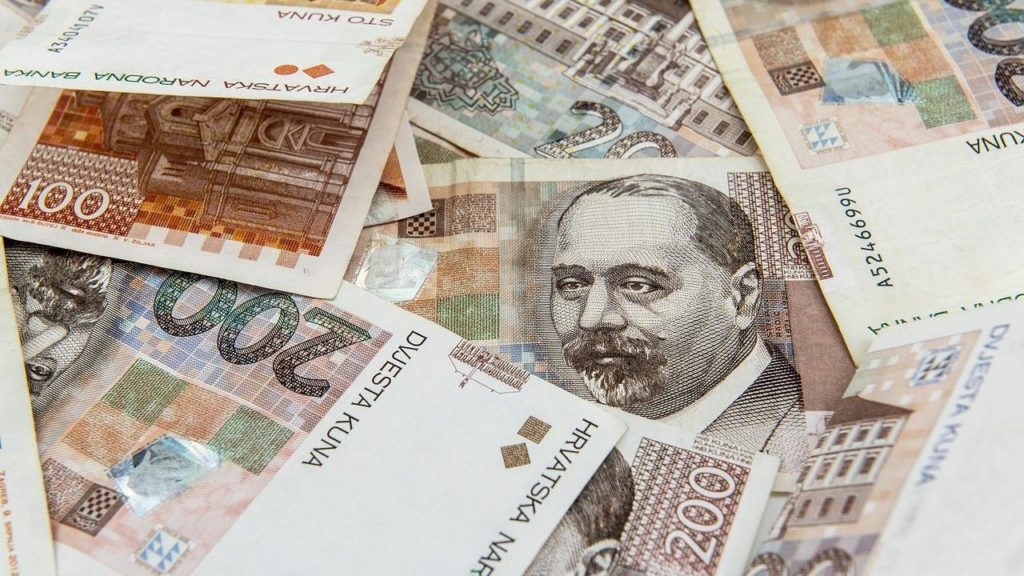
As Croatia’s lawmakers enter the final stretch toward euro membership, it is essential that they understand exactly what happened in Greece, and why. In five short years, 2009-2014, the Greek economy imploded: one quarter of it vanished. This was a direct result of the austerity packages that the EU and the ECB forced upon the government in Athens. What will Croatia do to avoid ending up in the same trap as Greece?
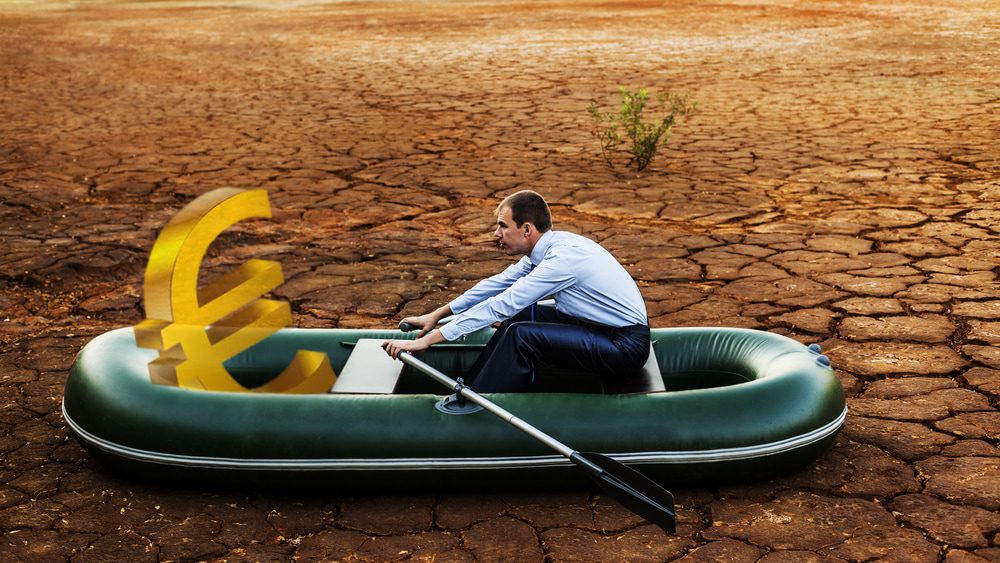
Rather than sinking further into debt to maintain current, high levels of government spending, it is time for Europe’s leaders to fundamentally reconsider their economic and social policies. It is time for them to adopt an entirely new program for economic prosperity.
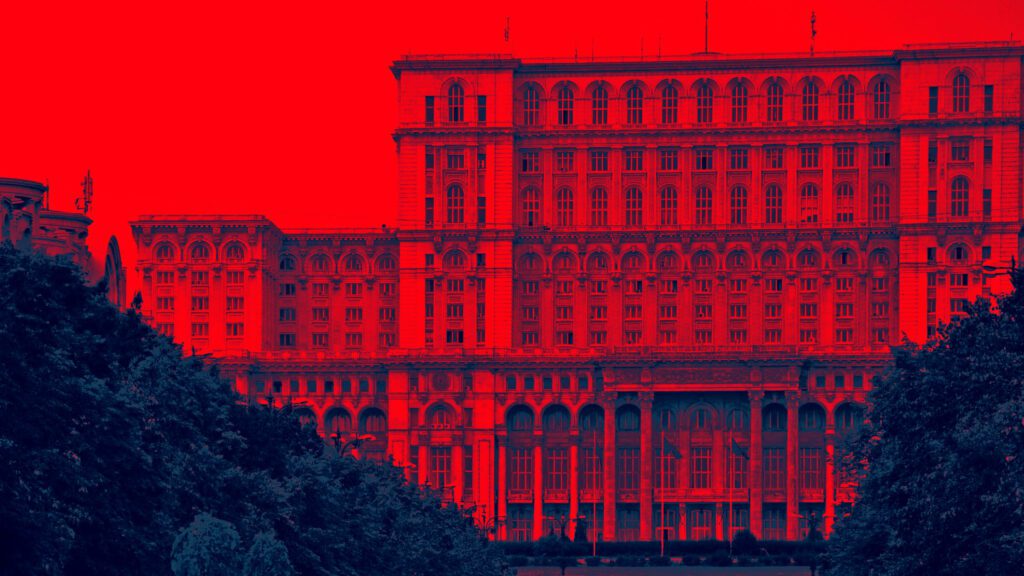
The communist revolution of today is far more difficult to fight than that during the 20th century. Perhaps the first thing that needs to be done to bolster our fight is admit that what we are facing is essentially a revolution aimed at moving the world towards communism.

Roberts does not refrain from criticising George, both for his political missteps and for his tendency to be slow in acknowledging them. But overall, Roberts has painted a masterful portrait of a patriotic, diligent and cultivated monarch who was periodically struck down by mental illness, worst of all during the tragic last decade of his life.
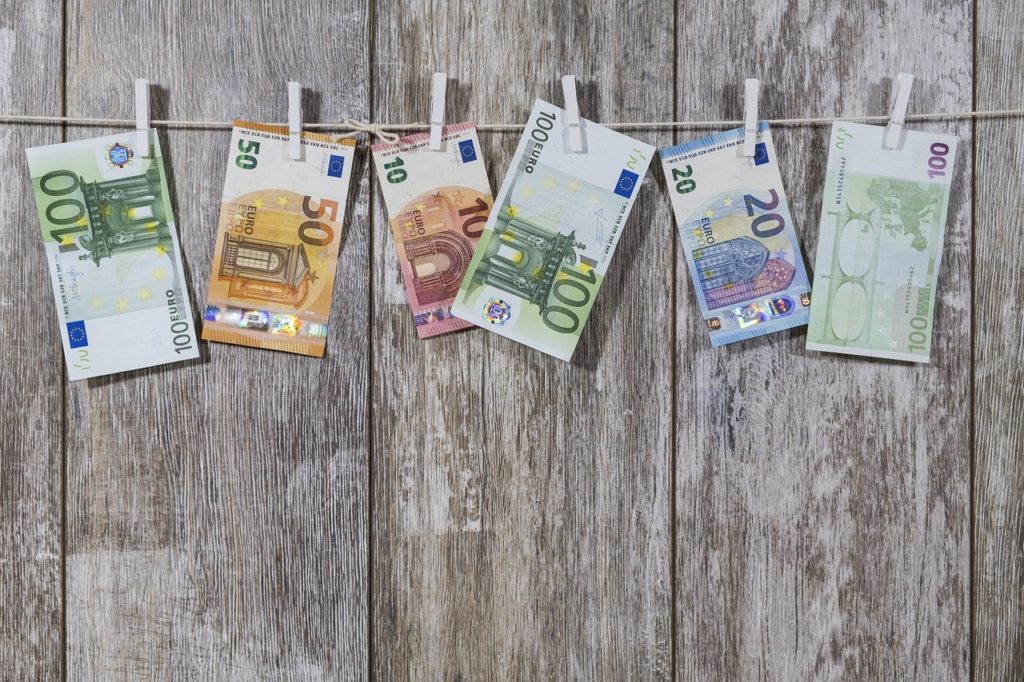
The common currency was a gigantic economic experiment, an application of political preferences rather than the product of sound scholarly research. As is always the case with grand government plans, for every problem they solve a new one is created.

The European Commission’s promotional material makes ‘Next Generation EU’ comes across as oddly remote from the task of actually facilitating Europe’s next generation. Nor is it meant for a specialized audience, as it lacks any reference to how one might actually procure the product being advertised—namely, funding.
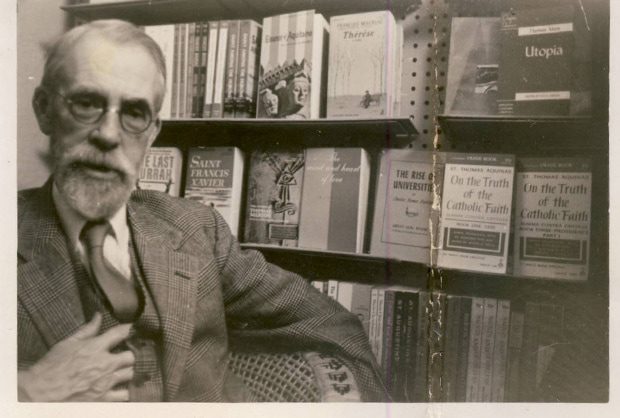
Christopher Dawson is an enigmatic character in the history of Western thought. No scholar of his generation was a greater
To submit a pitch for consideration:
submissions@
For subscription inquiries:
subscriptions@